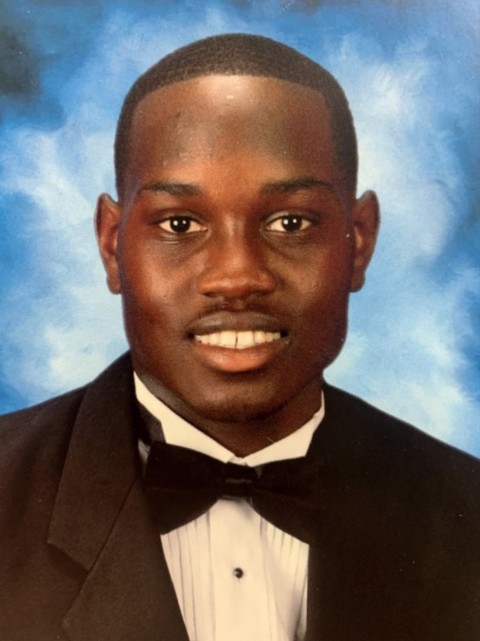Faith leaders join outcry over shooting death of Ahmaud Arbery

Following the release of a video months after the shooting of Ahmaud Arbery, a black jogger in Georgia, religious leaders have raised their voices to ask questions about how and why he died.
On May 7, the Georgia Bureau of Investigation announced it had charged two white men, Gregory McMichael, 64, and his son, Travis McMichael, 34, with murder and aggravated assault in the case, more than two months after Arbery’s death in Brunswick.
There has been outrage, which grew with the release in early May of a cellphone video, that there had been no arrests in the case, which is now being handled by its third prosecutor. The second, District Attorney George Barnhill, told local police: “We do not see grounds for an arrest” in the case. He later recused himself, as did the first prosecutor. The third prosecutor asked the GBI to investigate on Tuesday, and the inquiry began the next day.
Read our latest issue or browse back issues.
According to the GBI, whose investigation is continuing, both men confronted Arbery with firearms. “During the encounter, Travis McMichael shot and killed Arbery,” the agency said.
Hours after tweeting about the felony arrest warrants for the McMichaels, Lee Merritt, a lawyer representing Arbery’s family, tweeted a birthday tribute to Arbery, who would have turned 26 on May 8.
“Happy Birthday #AhmaudArbery,” Merritt said. He added that Arbery’s “bravery in the face of death is humbling and inspiring. I pray the ancestors give us all the strength and courage to #fightlikeAhmaud.”
Arbery, a former high school football player training to become an electrician, died on February 23.
Al Sharpton, president of the National Action Network, hosted an online “call to demand justice” in honor of Arbery, featuring Arbery’s parents and their lawyers.
Other religious officials, authors, and clergy, across racial and ideological lines, reacted to the video and the arrests and questioned the circumstances of Arbery’s death.
William Barber II, president of Repairers of the Breach, tweeted, “Ahmaud Arbery’s death is akin to a modern-day lynching. Enough is enough. We demand #JusticeForAhmaud now!”
On his website, Russell Moore, president of the Southern Baptist Convention’s Ethics and Religious Liberty Commission, wrote, “There is no, under any Christian vision of justice, situation in which the mob murder of a person can be morally right. . . . Sadly, though, many black and brown Christians have seen much of this, not just in history but in flashes of threats of violence in their own lives. And some white Christians avert their eyes—even in cases of clear injustice—for fear of being labeled ‘Marxists’ or ‘social justice warriors’ by the same sort of forces of intimidation that wielded the same arguments against those who questioned the state-sponsored authoritarianism and terror of Jim Crow.”
Andy Stanley, founder of North Point Ministries in Atlanta, tweeted, “I’ve been advised not to post about the murder of Ahmaud Arbery until I calm down a bit. But that’s part of the problem, isn’t it? We calm down and go on about our business. This must end. Our black brothers and sisters need white advocates to bring this to an end. Count me in!”
Murtaza Khwaja, the legal and policy director of the Georgia chapter of the Council on American-Islamic Relations, said in a statement, “Georgia Muslims were dismayed and infuriated but not surprised by the video showing the modern-day lynching of Ahmaud Arbery. . . . These dangerous episodes targeting the African-American community are not unique, but rather are symptomatic of the racism that instills fear and distrust within our communities. It is long past time for law enforcement to take such crimes seriously.”
On Twitter, John Pavlovitz, digital pastor and author of A Bigger Table, said, “In the presence of the kind of cancerous hatred that killed #AhmaudArbery, the kind that is having a renaissance here in America, there are only two kinds of white Americans: there are white racists and there are white anti-racists.” —Religion News Service





